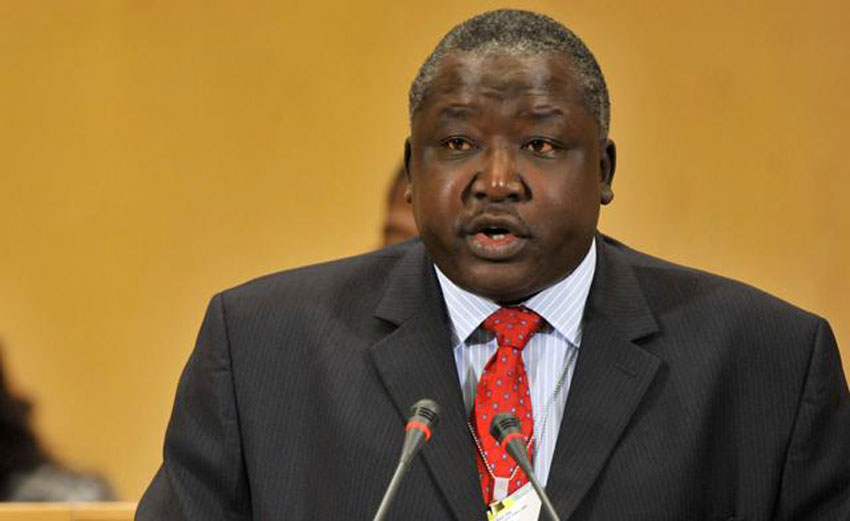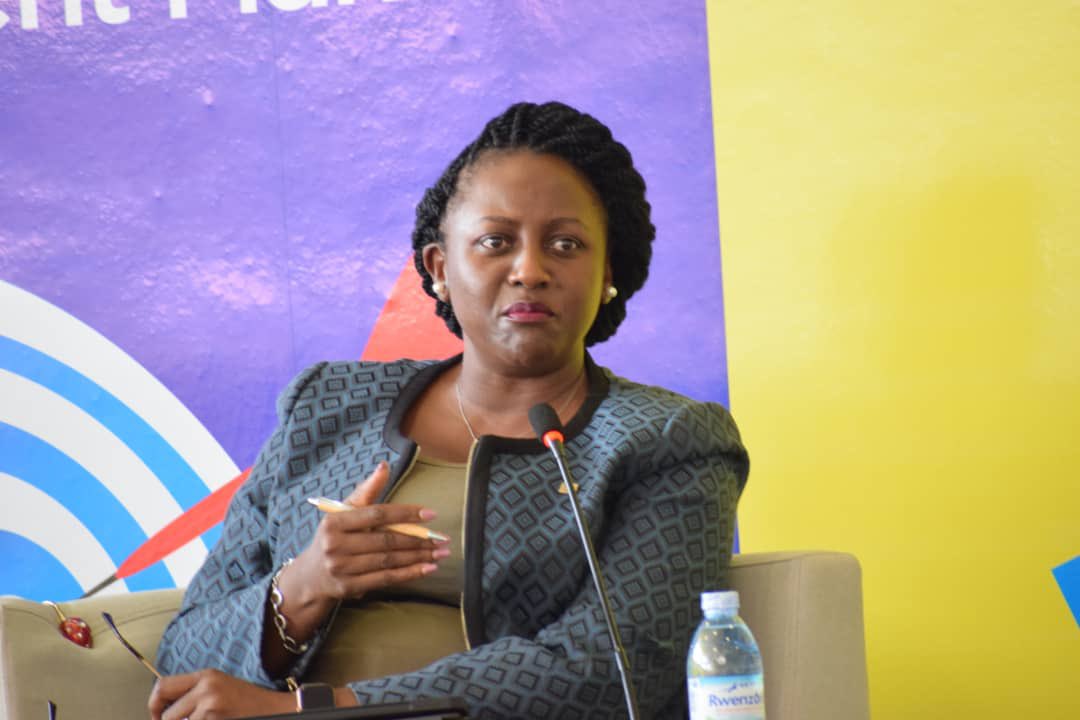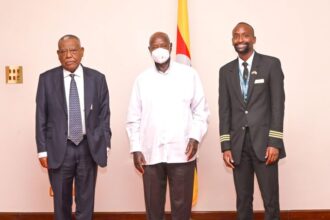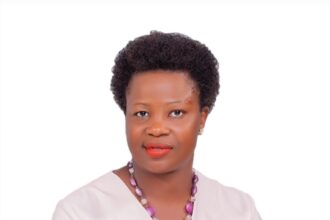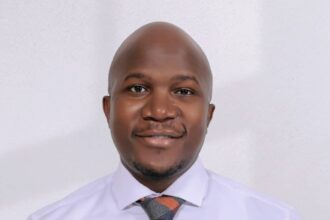Uganda has in stronger terms criticized the recent expansion of visa restrictions imposed by the United States on its officials, viewing it as an effort by Washington to enforce an “LGBT agenda” in Africa.
The new sanctions, unveiled earlier this week, target unidentified Ugandan individuals accused by the U.S. of undermining democracy and suppressing marginalized groups, including the LGBTQ community.
Henry Okello Oryem, State Minister for Foreign Affairs, firmly stated that his country would not backtrack on its adoption of a particular law. He emphasized to AFP that there’s no doubt some groups in the U.S and the West aim to pressure Africans and Ugandans to accept same-sex relations through aid and loans.
In an interview with Reuters, Oryem questioned why similar sanctions weren’t imposed on Middle Eastern countries with comparable or stricter laws against the LGBTQ community.
He noted that if the US denies visas to Ugandan MPs, they would explore alternative destinations like Shanghai or Guangzhou, emphasizing the multitude of attractive places to visit.
The initial visa restrictions were implemented by the US in June, responding to Uganda’s Anti-Homosexuality Act.
Subsequently, the World Bank suspended new lending to Uganda in August following the U.S. restrictions. In late October, the U.S. announced the exclusion of the East African nation from AGOA (African Growth and Opportunity Act) starting January 2024.
Uganda’s law imposes severe penalties on those involved in homosexual relations or the promotion of homosexuality, including the death penalty for “aggravated homosexuality,” although it hasn’t been enforced for years in the country.
The United States of America recently implemented extensive visa restrictions, affecting not only over 300 Members of Parliament but also their immediate families, effectively limiting their access to the country.
This widespread blacklist was a response to their support of the highly contentious Anti-Homosexuality Act, sparking global outrage over Uganda’s stance on human rights.
Secretary of State Antony Blinken expanded the visa sanctions beyond those involved in compromising Uganda’s democratic processes.
The sanctions now include individuals linked to repression against marginalized communities, activists, journalists, and human rights defenders. Blinken emphasized that the expanded restrictions also encompass immediate family members of these individuals.
“Today, I am announcing the expansion of the visa restriction policy to include current or former Ugandan officials or others who are believed to be responsible for, or complicit in, undermining,marginalised or vulnerable populations. The groups include, but are not limited to, environmental activists, human rights defenders, journalists, LGBTQI+ persons, and civil society organisers. The immediate family members of such persons may also be subject to these restrictions,” charged Secretary Blinken.
Politicians involved in the controversial 2021 general elections, irrespective of their current or past cabinet positions, are now included in the sanctions. During this period, government security forces were accused of abducting, assaulting, and causing fatalities among those opposing President Museveni’s candidacy.
This unprecedented extension of restrictions to encompass family members represents an unprecedented step in punitive diplomatic actions against Ugandan officials.
The repercussions are felt deeply within Uganda’s political circles. For instance, when the Act was ratified in May 2023, Speaker of Parliament Anita Amongi had her US and UK visas revoked abruptly.
The implications are foreboding, as including family members escalates tensions and sends shockwaves through Uganda’s political landscape, instilling fear in those implicated.
Do you have a story in your community or an opinion to share with us: Email us at Submit an Article



